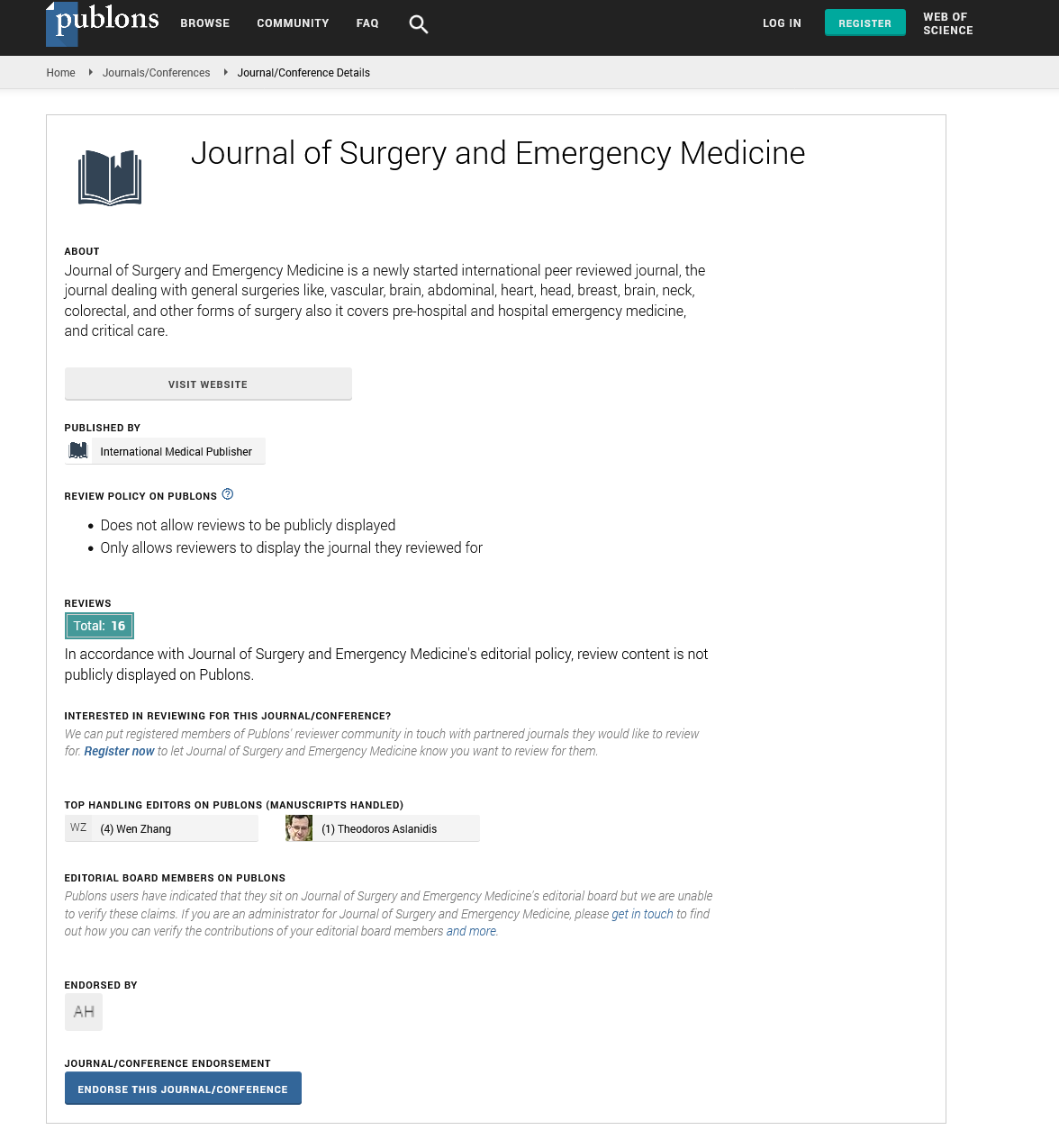Abstract
Vitamin D Deficiency as a Risk Factor of Ear Diseases Review Article.
Introduction: Vitamin D is an essential nutrient that has a well-known regulatory function in calcium and phosphate metabolism. Numerous studies have investigated the association between vitamin D and human diseases including in the otolaryngological field the incidence of vitamin D deficiency is extremely common in patients visiting outpatient otolaryngology clinics. objective: 1- Determine role of Vit D in ear diseases like otitis media, tympanosclerosis –otosclerosis, cholesteatoma, hearing loss, benign positional vertigo, meniere's disease and inner ear 2- Assess potential relationships between serum vitamin D level and otitis media (OM) risk. 3- To determine whether it is recommended to use Vitamin D supplementation in prevention and treatment of ear diseases. Methods: The review is comprehensive research of PubMed and Medline for articles published not earlier than 2010. Result: The initial search identified 210 potentially relevant studies, and from those, a total of 11 studies including 17614 study participants were included in the final analysis. For studies included, it consists of 1 randomized controlled trial, 2 prospective cohort studies, 7 case-control studies, and 1 was observational cohort. Four studies included patients with acute otitis media (AOM) while 7 studies included patients with chronic otitis media (COM). The 4 studies were conducted for patients aged 5 years and below and 7 studies were conducted for patients age above 5 years. The sample size of all studies ranged from 40 to 16,063, and the study participants age ranged from 2.2 to 50.2 years. The level of plasma vitamin D of patients with AOM and COM was both found to be significantly lower as compared with the control group. In terms of patients age, children at the age of ≤ 5 years with OM was found to be significantly associated with lower level of plasma vitamin D as compared with the control group. The number of participants with sufficient level of plasma vitamin D was lower among patients with AOM when compared with the control group. Conclusion: Vitamin D deficiency is very common among ENT patients. The supplementations of Vitamin D are producing promising results in the management of these patients. Many studies suggest that Vitamin D deficiency is associated with etiopathology of ear diseases in adults, children, and even fetuses. We recommend empirical supplementation of Vitamin D in ENT patients, and further studies investigating it.
Author(s): Marzouqi Salamah
Abstract | PDF
Share This Article
Google Scholar citation report
Citations : 131
Journal of Surgery and Emergency Medicine received 131 citations as per Google Scholar report
Journal of Surgery and Emergency Medicine peer review process verified at publons
Abstracted/Indexed in
- Google Scholar
- Publons
Open Access Journals
- Aquaculture & Veterinary Science
- Chemistry & Chemical Sciences
- Clinical Sciences
- Engineering
- General Science
- Genetics & Molecular Biology
- Health Care & Nursing
- Immunology & Microbiology
- Materials Science
- Mathematics & Physics
- Medical Sciences
- Neurology & Psychiatry
- Oncology & Cancer Science
- Pharmaceutical Sciences
